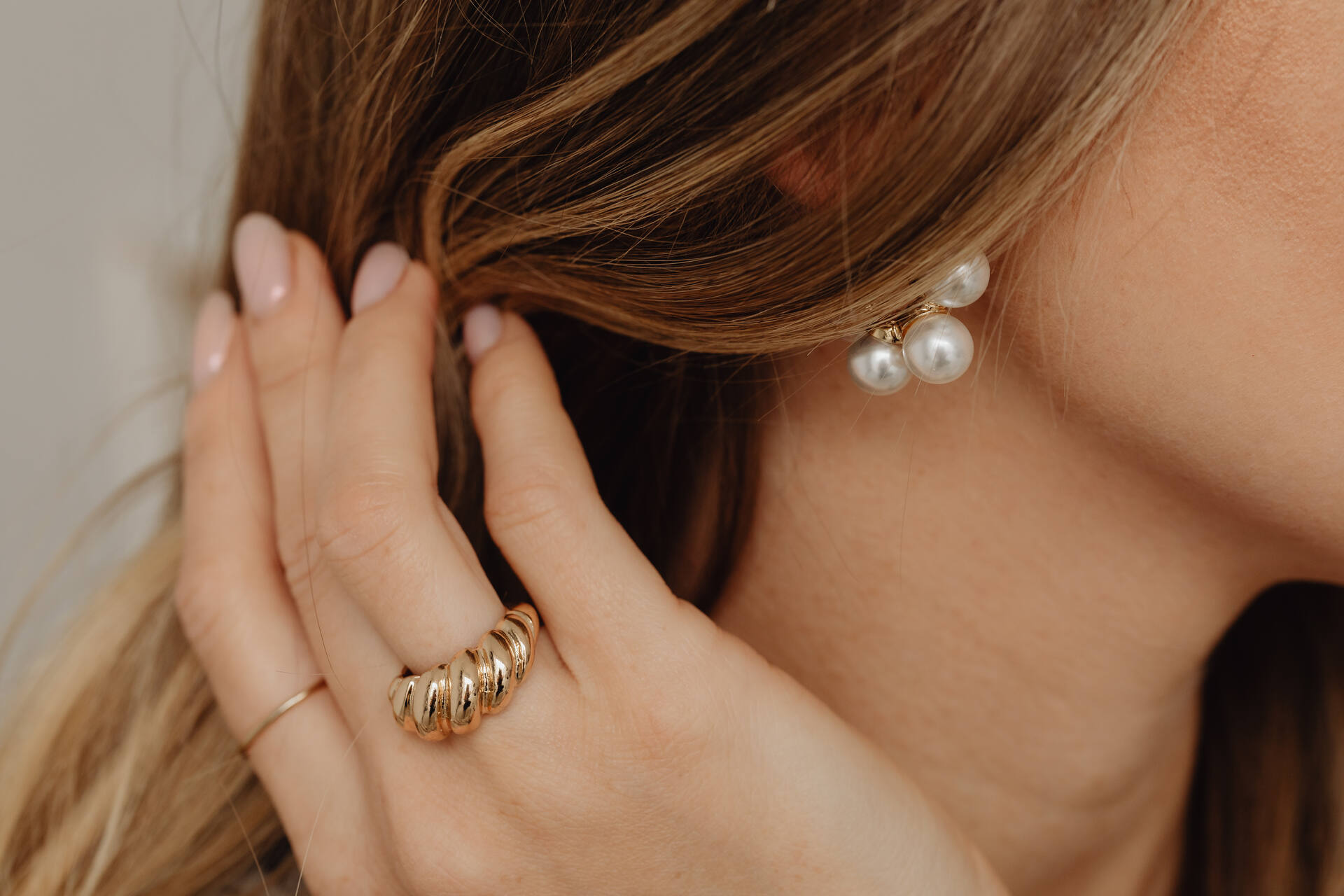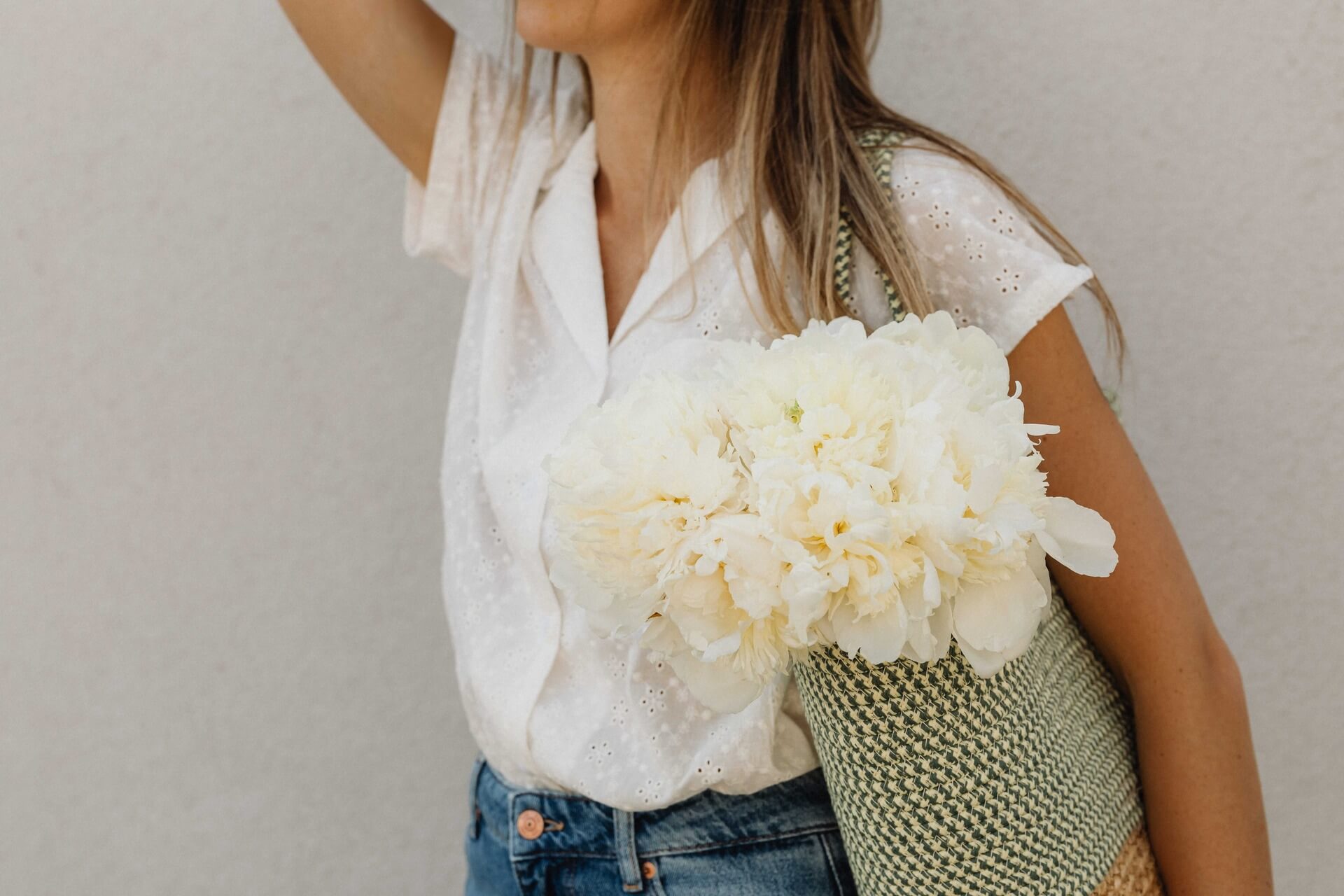Once you’ve had your heart broken, opening up and falling in love again can be one of the hardest things to do. Breakups, separations, or divorces are painful and traumatic experiences that inflict serious damage to your heart.
If you recently went through one, I feel you. No matter how agonizing it feels, though, there’s hope.
Here are my best tips for letting go and learning how to love again:
1. Let Go of the Pain
This may sound counterintuitive to you, but you can’t really let go of the pain by resisting it or bottling it up inside of you. The only way to free yourself from the pain is to mentally go back to the breakup, relive the trauma, and let those tears out.
It can be frightening to let all of those feelings go, especially if you’ve been doing everything you can to avoid them. Do this from a safe environment at home, where you know you won’t be disturbed. If you’re having a hard time letting go, listen to sad music or write down any thoughts and feelings that come up as you try to free yourself from the pain.
2. Take Good Care of Yourself
So you went through step one and you’ve let the pain go. What happens now?
Now, it’s time to focus on you. You need to focus on your own needs and accept yourself for who you are. A heartbreak is hard to recover from not just because it shatters your ability to trust other people. It can also damage your self-esteem.
A good place to start is through physical work, exercising two to three times a week. It’s good for you not just because you do work on your body, but because it helps to restore your emotional health.
You don’t depend on other people or external circumstances. You can exercise anywhere, at any time, as long as you make the first step and stop listening to the excuses in your head. Exercise is a great ‘quick win’ to help you restore trust in yourself and remember just how strong you can be.
Exercise is just the start. Try to get enough sleep and eat healthy food. Put your best clothes on and wear your favorite perfumes. Listen to upbeat music and try to savor as many moments in your day as you can. Start doing all of the things you used to do for someone else. But this time, do them for YOURSELF because you deserve each and every single one of them, in a relationship or not.
3. Socialize
I can’t tell you how many times I’ve made this mistake in the past. Every time I got hurt by someone, I would isolate myself and begin to analyze my behavior, what I had done wrong, etc. What I realized over the years is that the only way to open up to others is to… let go of resentments and expectations. And start socializing!
We are social creatures. We need to communicate with others, share our emotional experiences, laugh, have physical contact and, most importantly, stay grounded in reality and connected to the world. If you spend all of your time alone, there’s a good chance you’re going to isolate yourself from your social circle and begin to feel detached. And feeling alone is the last thing you want after going through a breakup.
Reach out to old friends! Go out and make new ones. People are more open and receptive to reunions and new friendships than you think. Once you put yourself out there and approach them with a nice smile, a compliment, or simply a question, you’ll feel better about yourself, less anxious, and much more connected.
4. Learn to Trust Again
Rebuilding trust after trauma is a big enough topic to deserve its own blog post. But it’s also a key step for post-heartbreak recovery, so let’s cover the basics here. When someone hurts you, you close your heart and lose trust not only in them but also in yourself and other people.
By putting up a wall, you try to protect yourself from any chance of getting hurt again. And while this is perfectly normal, you don’t really have to live like this for too long. After all, you only put band-aids on a wound until it’s healed and doesn’t need protection any longer.
Sometimes not being able to trust has a lot to do with having an insecure attachment style. If you want to find what yours is, take this free 1-minute quiz:
Take a pen and piece of paper, sit somewhere comfortable and set aside 30 minutes for yourself. Make a list of all the people who’ve hurt you. Then, write a letter to each of them. In the letter, tell them how you felt.
Obviously, you’re never going to send that letter. But it’s getting those thoughts and feelings down on paper that matters the most. Once you’re ready, tear up or burn each letter (safety first). As you do, feel the pain and hurt going away with each and every turn or burnt piece of paper.
Then, take another sheet of paper and write down: ‘I choose to let go of my hurt and leave it in the past. I trust myself, I trust others, and I trust the universe with my whole heart.’ Now, say it out loud. Feels good, doesn’t it?
I know it may say a bit weird at first, but trust me: reprogramming your brain is nothing to be ashamed of or scared about. I’m not saying that, after doing this exercise, everything will get miraculously better and you will instantly start trusting people again.
All I’m saying is, it will give you a pretty good idea of the patterns you’ve had throughout your whole life, the reasons why you felt betrayed or hurt, and many other insights on your behavior and perception of reality and your relationships with others.
Opening your heart is not something that will happen overnight and is probably something that’s going to stop as soon as you get hurt again. It’s a never-ending process of giving/receiving. But…
Isn't it better to have loved and got hurt, than to have never loved at all? Share on X
I’ll leave the answer to you.
Love,






